If all you want for Christmas is a safe and healthy pet, you will need to take a few precautions before Santa comes to town. Our team at Narcoossee Oaks Animal Hospital wants to provide guidelines, to ensure your pet is protected this holiday season.
As you rock around the Christmas tree, protect your pet from the evergreen
The decorated Christmas tree brightens up your home and helps put you in the holiday spirit. However, the lovely evergreen presents several hazards for your pet.
- Toppling tree — A wayward tail or a frisky feline’s climbing skills can cause the tree to come crashing down, potentially causing injury. Prevent the tree from toppling by stabilizing the base in a sturdy tree stand. You can also tie the top to a hook secured in the ceiling or an adjacent wall.
- Dangerous decorations — Shiny ornaments can be extremely tempting for curious pets, but be aware, glass and plastic ornaments can shatter easily, resulting in sharp edges that can injure your pet.
- Electrifying lights — Many pets love to chew cords, and twinkling lights can give your pet an electrical shock if your pet sinks in their teeth.
- Worrisome water — The tree water may contain fertilizers or bacteria that could harm your pet.
When you deck the halls, choose pet-friendly decor
As you spread holiday cheer throughout your home, ensure the decorations you choose won’t harm your pet. Decorations to avoid include:
- Candles — Flickering flames can mesmerize your pet, but an inquisitive paw or investigative nose bump can cause a burn injury, or a fire.
- Tinsel — Sparkling tinsel is especially enticing to cats, but if they ingest a piece as they play, the tinsel could cause a linear object gastrointestinal blockage, requiring surgical removal.
- Decorative plants — Several plants used to beautify your home during the holiday season are toxic to pets. Holly, mistletoe, amaryllis, and lilies should be avoided or kept out of your pet’s reach.
When you hang the stockings by the chimney with care, ensure your pet can’t raid the gifts
Pets want to partake in the holiday excitement, but ensure they don’t raid the stockings. Several common stocking stuffers can harm your pet, including:
- Small toys — Small items chosen to fit in stockings can accidentally be swallowed by your pet when they investigate. You don’t want to make a trip to the emergency veterinary hospital on Christmas day for a gastrointestinal obstruction.
- Chocolate — Candy, especially chocolate, is a treat everyone loves to find in their stocking, but the delicacy is toxic to pets, causing nervous system stimulation. Signs include restlessness, vomiting, and diarrhea.
- Xylitol — This artificial sweetener is found in many sugar-free candies and gum. When ingested by a pet, the ingredient causes an insulin release, resulting in a sudden drop in glucose. Signs include incoordination, weakness, and seizures.
Have a holly, jolly Christmas by keeping your pet away from the holiday feast
Everyone enjoys overindulging during the holiday season, but your pet could face some serious consequences if they partake in the holiday feast. Any change in your pet’s diet can cause gastrointestinal upset, but the high-fat foods commonly found on the table during the Christmas season can trigger pancreatitis, a potentially life-threatening condition. Other foods that are problematic for your pet include:
- Turkey bones — Cooked turkey bones are brittle and can splinter easily, injuring your pet’s mouth or esophagus.
- Allium vegetables — Onions, garlic, chives, leeks, and shallots are toxic to pets, causing oxidative damage to red blood cells, which results in anemia. Signs include weakness, vomiting, and pale mucous membranes.
- Grapes — Grapes and raisins contain an unknown toxin that can cause kidney failure in pets.
While celebrating your merry little Christmas, safeguard your pet from the revelry
Gathering your friends and family together to celebrate the holidays is enjoyable, but these festivities can be stressful and upsetting for your pet. Take steps to ensure they remain safe while your guests are toasting the season.
- Create a pet haven — Ensure your pet has a quiet area where they can escape if the gathering overwhelms them. Consider restricting your pet to this area, if they tend to be shy around visitors.
- Provide identification — Microchip your pet to ensure they are returned to you should they escape during the party’s excitement. They should also always wear a collar and identification tags that have your current contact information.
When you go over the river and through the woods, ensure your pet is kept safe
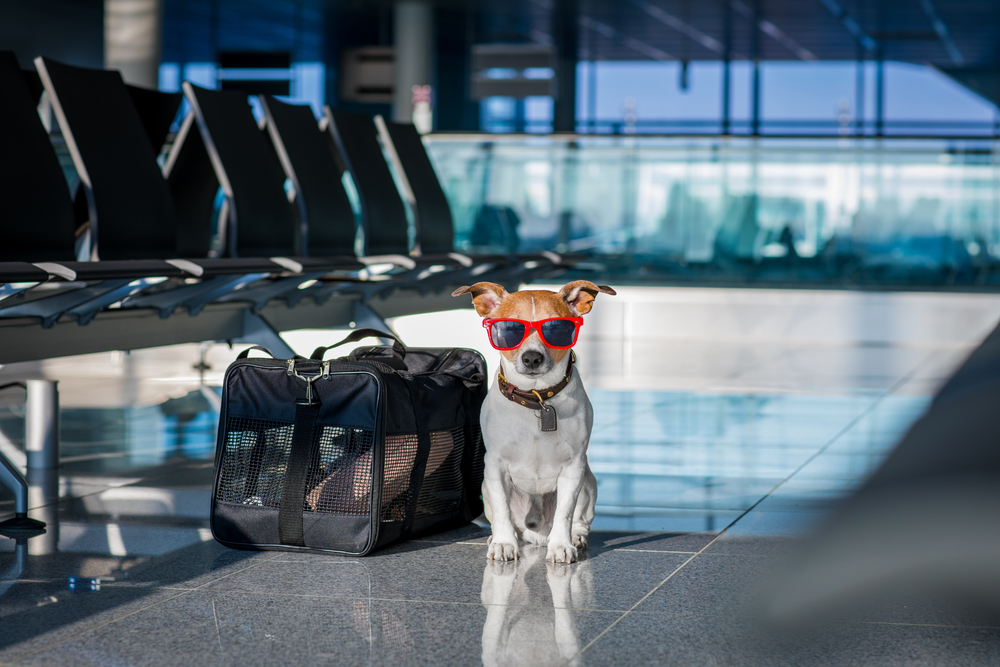
When you travel for the holidays, you can put your pet in danger if you don’t take certain precautions.
- Left behind — If you are leaving your pet behind while you go away, ensure you have a responsible pet sitter or boarding facility to care for them, and provide contact numbers where you can be reached at all times.
- Vehicular travel — When traveling by vehicle, ensure your pet is appropriately restrained while the car is moving. Small pets should remain in their carrier away from an airbag, and larger pets should be restrained with a properly fitted harness.
- Air travel — When traveling by plane, ensure your pet can stay with you in the cabin, because the cargo hold is a dangerous place for pets.
Follow these guidelines to keep your pet safe, and avoid a blue Christmas this year. If you would like your pet microchipped before the festivities begin, contact our team at Narcoossee Oaks Animal Hospital, to schedule an appointment.


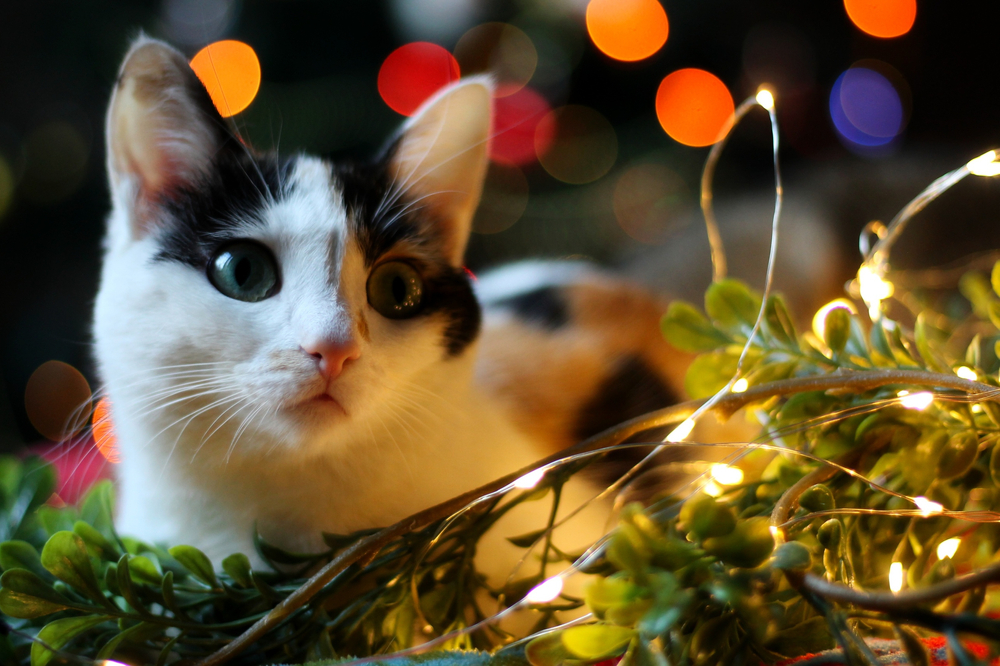
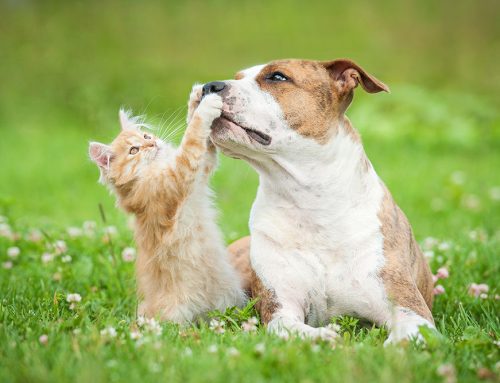
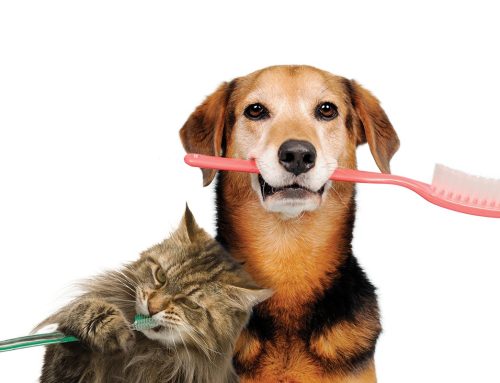

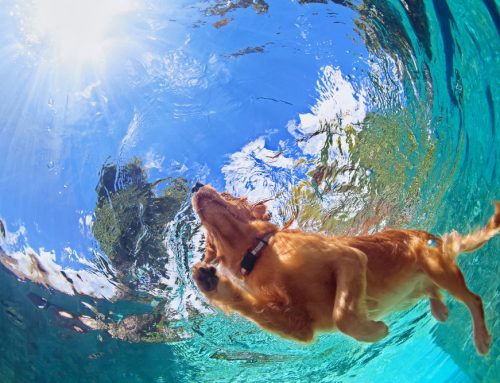
Leave A Comment